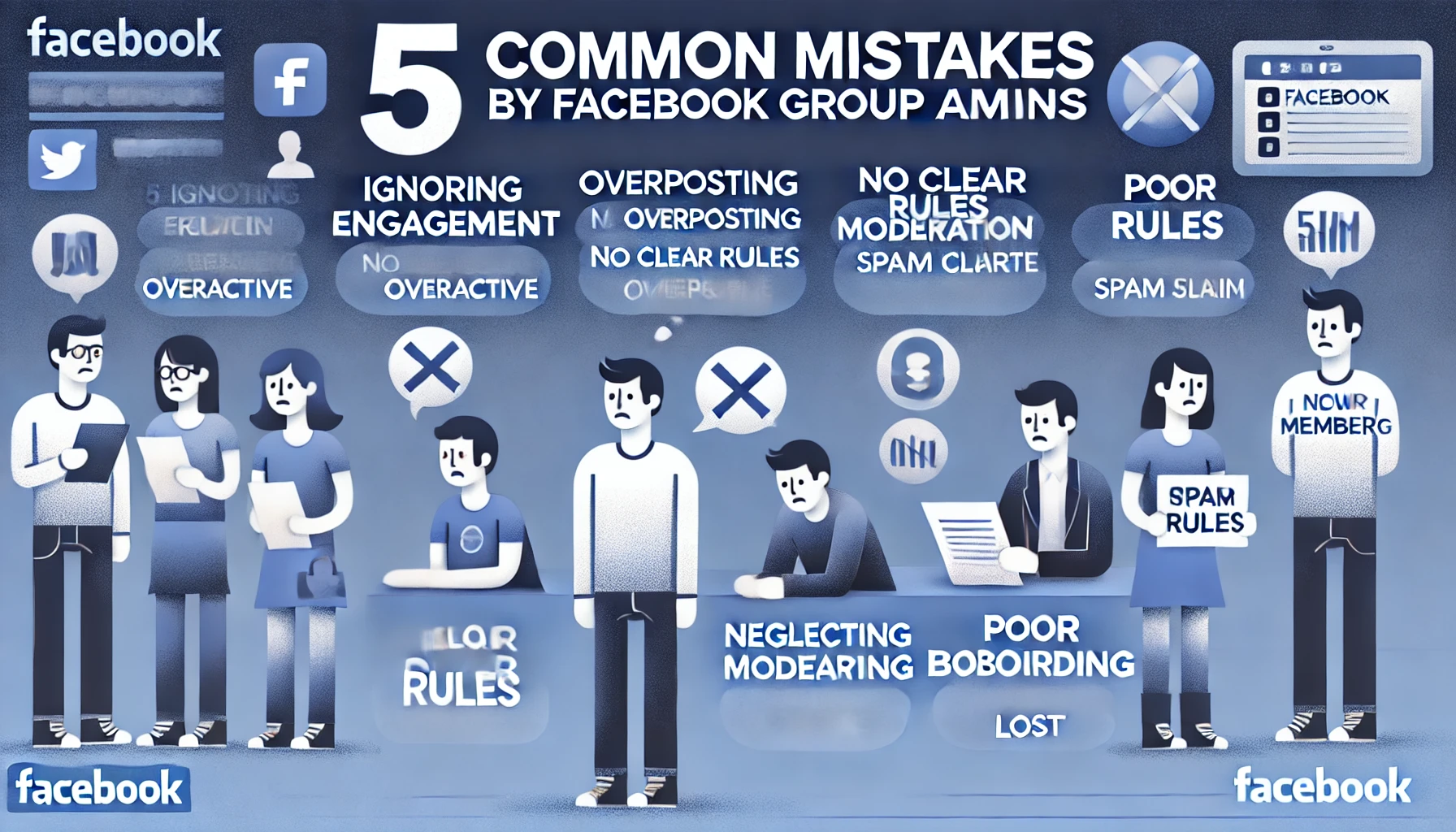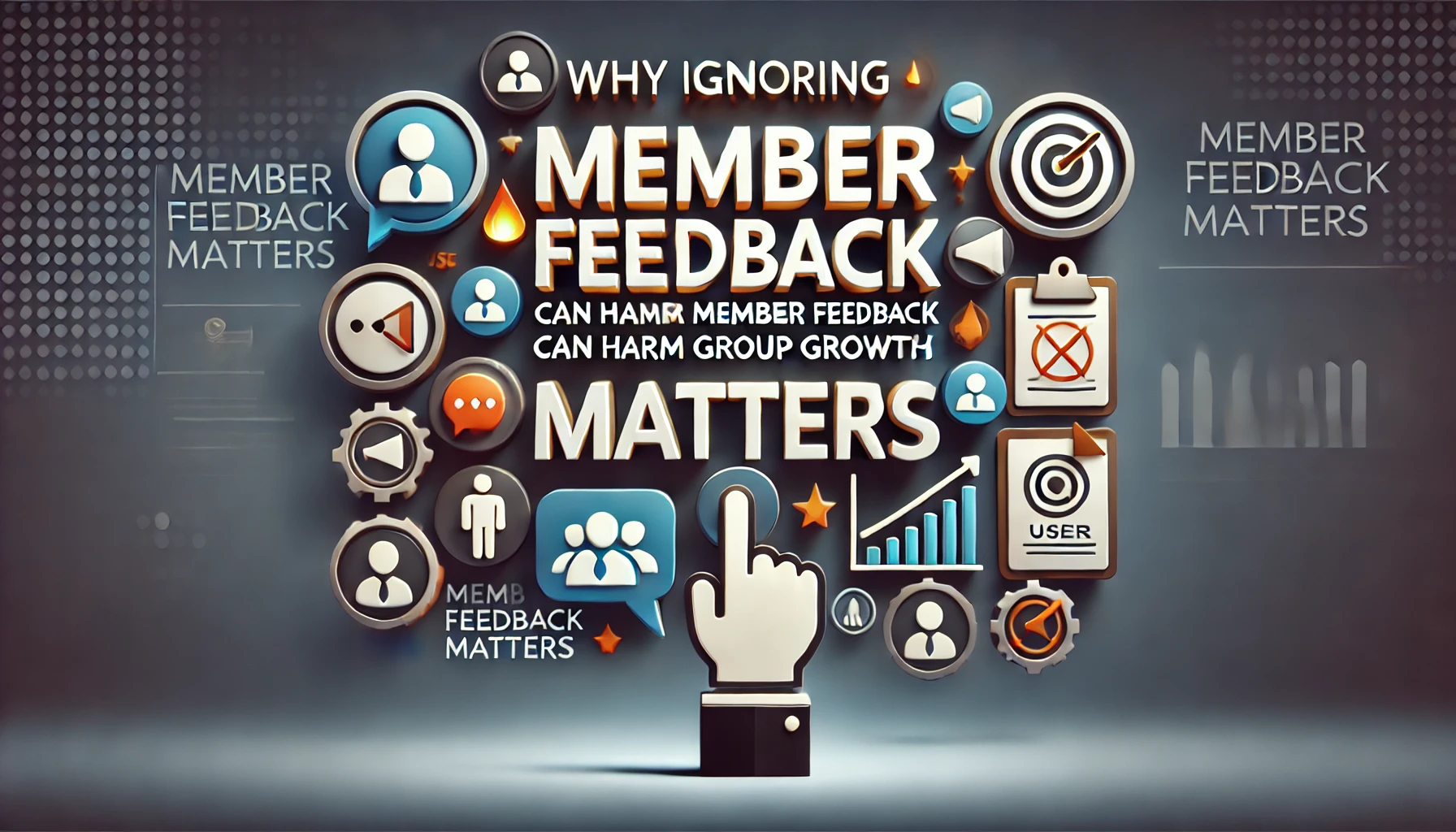Why Setting Too Many Rules Can Hurt Group Interaction
Establishing rules in a Facebook group is essential for maintaining order and fostering a positive environment. However, setting too many rules can unintentionally stifle interaction and hinder the group’s growth. Here’s why balancing structure with flexibility is key to a thriving community.
1. Creates a Restrictive Atmosphere
When members feel they need to tiptoe around overly strict rules, they may hesitate to post or comment. A restrictive environment discourages open communication and can lead to less dynamic conversations.
2. Discourages New Members
Long, complex rule lists can be overwhelming for new members. If the rules feel excessive, potential members may decide not to engage, fearing they might unintentionally violate guidelines.
3. Limits Organic Conversations
Groups thrive on organic discussions and spontaneous engagement. Too many rules can limit members’ freedom to share thoughts, ideas, or questions, resulting in a less vibrant and diverse community.
4. Reduces Post Frequency
If members worry their content may violate one of many rules, they might choose not to post at all. This can reduce overall group activity and make the group appear inactive to outsiders.
5. Shifts Focus Away from Value
Groups should focus on delivering value, fostering connections, and encouraging meaningful conversations. Overemphasis on rules can shift attention away from the group’s core purpose and goals.
6. Alienates Active Members
Highly active members are the lifeblood of any group. If these members feel their contributions are consistently restricted, they may disengage or leave, negatively impacting the group’s activity levels.
7. Perceived as Unwelcoming
Communities that feel overly regulated can come across as unwelcoming or unfriendly. Members may prefer more relaxed environments where they can freely express themselves without the fear of breaking a rule.
8. Hinders Creativity and Collaboration
Too many limitations can stifle creativity. Members may avoid proposing new ideas or collaborations, which can limit the growth and innovation within the community.
9. Leads to Confusion
Complex or excessive rules can confuse members, making it difficult to know what is and isn’t allowed. This confusion can lead to misunderstandings, frustration, and accidental rule-breaking.
10. How to Strike the Right Balance
Rather than setting a long list of rules, focus on creating a few core guidelines that emphasize respect, relevance, and positive interactions. Encourage self-moderation and provide gentle reminders instead of strict enforcement. A balanced approach fosters trust and encourages members to actively participate, contributing to a healthy and engaged Facebook group.
By finding the right balance, you can cultivate an environment where rules support the group’s mission without hindering its growth and interaction.






